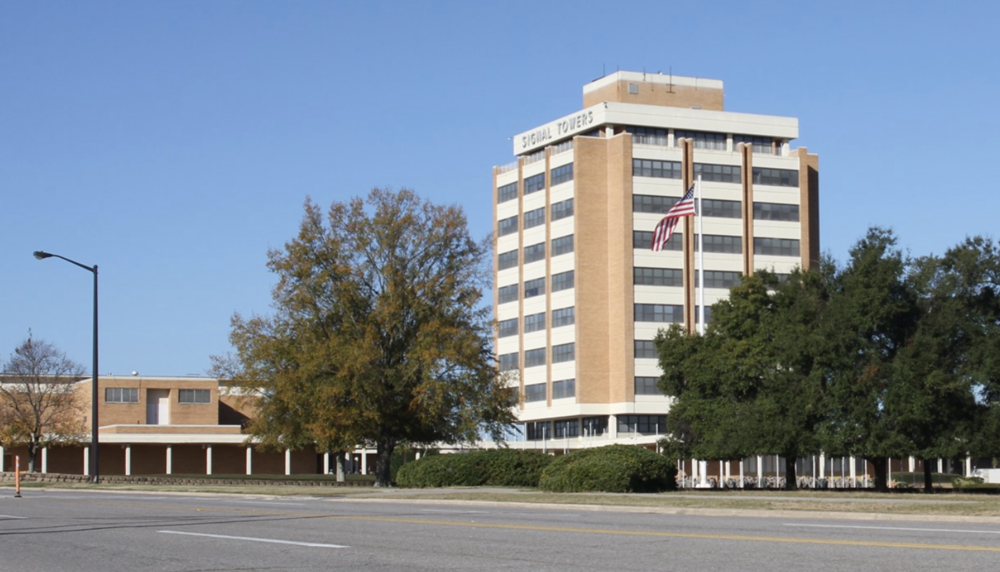Section Branding
Header Content
Trump Will 'Not Even Consider' Renaming Bases Named After Confederate Leaders
Primary Content
President Trump has shut down any discussion about the potential renaming of 10 different Army bases, including two in Georgia, that currently have Confederate namesakes.
In a series of tweets on Wednesday, the president responded to calls for the Army to rename the bases which were named for Confederate generals and leaders, saying they had become part of a "great American heritage."
It has been suggested that we should rename as many as 10 of our Legendary Military Bases, such as Fort Bragg in North Carolina, Fort Hood in Texas, Fort Benning in Georgia, etc. These Monumental and very Powerful Bases have become part of a Great American Heritage, and a...— Donald J. Trump (@realDonaldTrump) June 10, 2020
...Our history as the Greatest Nation in the World will not be tampered with. Respect our Military!— Donald J. Trump (@realDonaldTrump) June 10, 2020
The president's response comes after the Army said Monday that they were open to "bipartisan discussions" around base names, according to Politico reporter Lara Seligman.
Two of the 10 bases named after Confederate leaders are located in Georgia. Fort Gordon, named after Confederate Maj. Gen. John Brown Gordon, is located in Augusta. Fort Bennington, near Columbus, is named for Brig. Gen. Henry L. Benning.
Gordon strongly opposed Reconstruction after the war and served several terms as a state senator, eventually becoming Georgia’s 53rd governor. Benning was an ardent secessionist and defender of slavery. In a speech to the Virginia secession convention of 1861, Benning blasted the North for holding a “a sentiment of hatred to slavery as extreme as hatred can exist.”
That shift in tone from the Army came quickly. As early as February of this year, an Army spokesperson told Task and Purpose that there were no plans to change the names of the bases.
RELATED: Protests Around Confederate Store Reflect A Changing Southern City
The president's comments come after demonstrations have taken place across Georgia sparked by the death of George Floyd. The protests have also put a spotlight on Confederate monuments and imagery across the South.
Following a series of protests in downtown Kennesaw around the city's controversial Civil War surplus store in historic downtown, city council member David Blinkhorn said he sympathized with the critique.
"The bottom line is this: whatever the protest is, it's about getting rid of racism," he said. "If it means removing those symbols within the community, then so be it."


